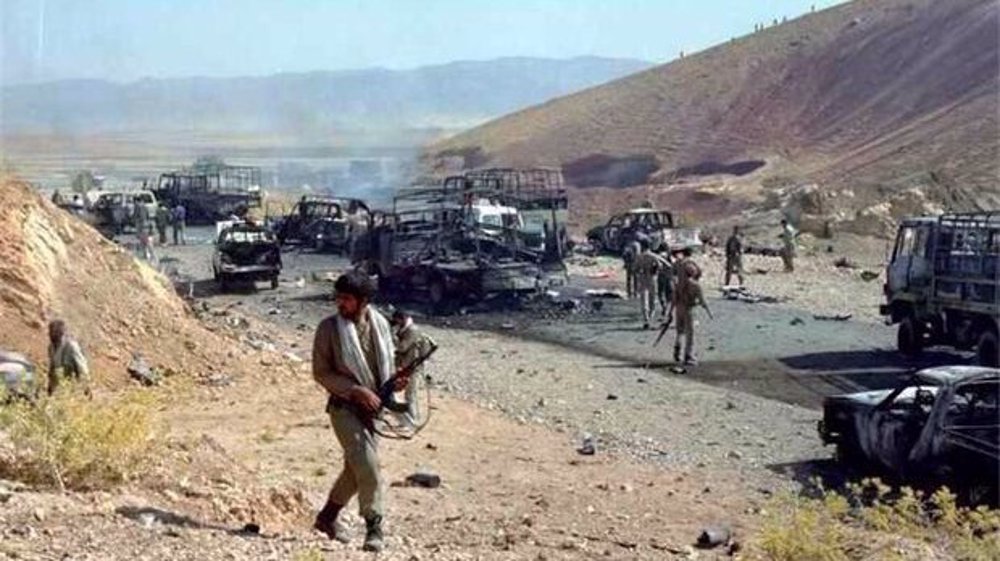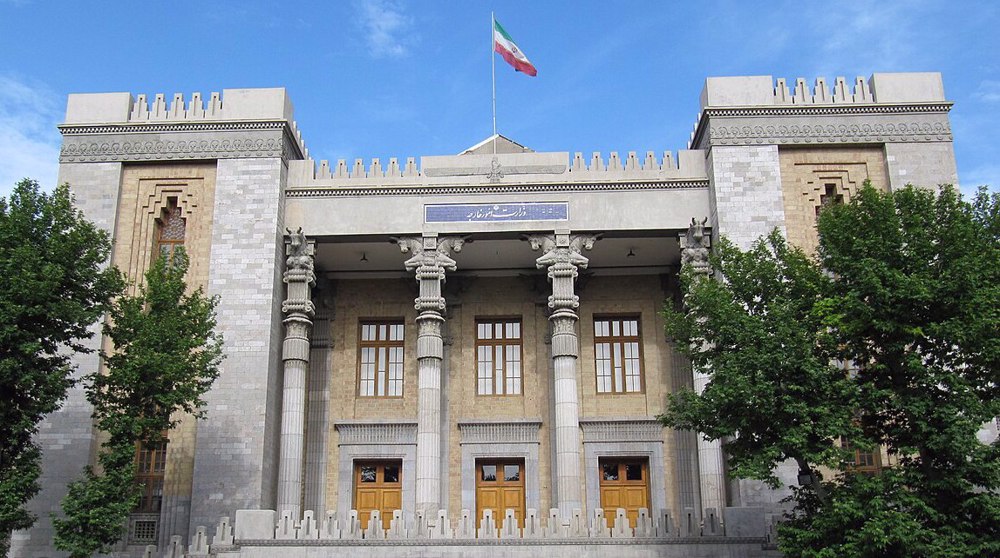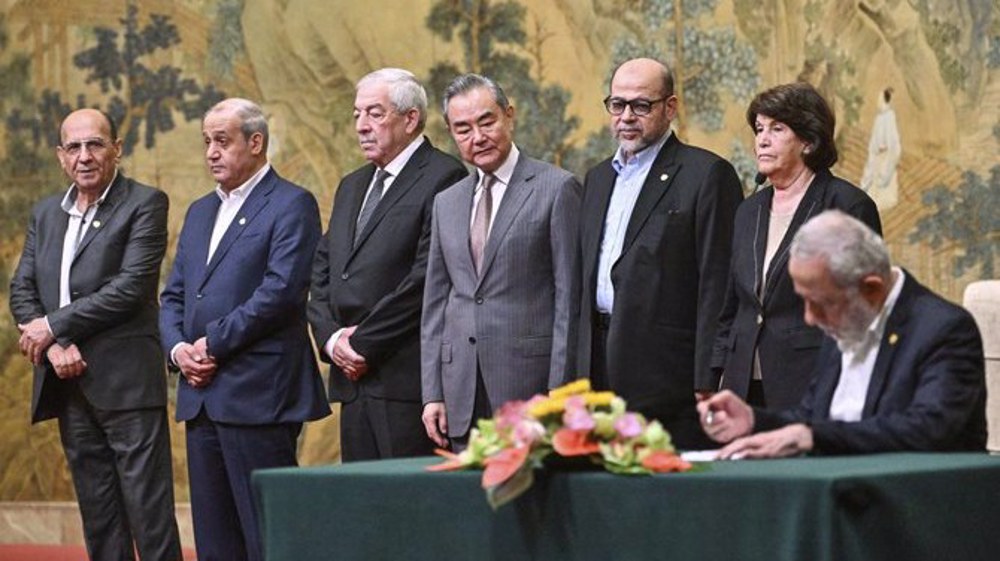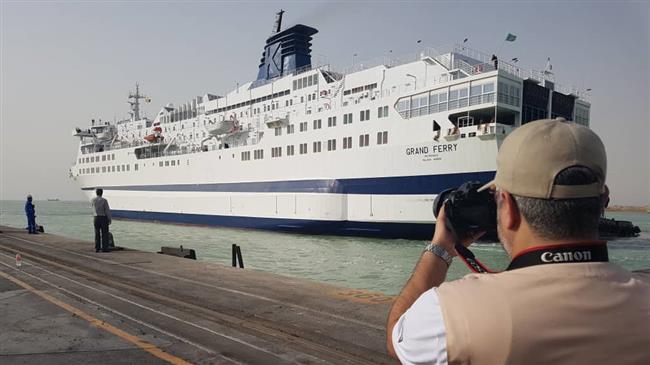Iran FM on Asia visit in effort to deflect US brinkmanship
Iran's Foreign Ministry spokesman says the country's top diplomat Mohammad Javad Zarif will soon head a delegation to a number of East Asian states as part of Iran’s “proactive” diplomacy, after concluding his visit to Europe.
“Seeking to follow up on and implement the Islamic Republic of Iran’s proactive and balanced diplomacy, Zarif will head a delegation to China, Japan and Malaysia in East Asia starting on Sunday,” Abbas Mousavi said on Saturday.
“Bilateral relations and the most pressing issues in the region and world are among the main topics to be discussed,” he added.
Tehran has long-enjoyed close relations with a number of Asian and East Asian countries as part of a greater policy of diversifying and strengthening its foreign relations.
Iran's ties with Asian countries have proven to be vital in countering US attempts to isolate the country specifically after Washington withdrew from the multi-lateral 2015 nuclear deal last year and reimposed sanctions.
Europe’s failure to provide meaningful economic incentives as required under the 2015 deal and protect its trade with Iran against Washington’s sanctions has also convinced Iran to further shift to the East.
'US doesn't hold all cards'
Zarif’s trip to East Asia will take place shortly after concluding a nearly week-long visit to Europe, during which he held high-level talks with European officials in Finland, Sweden, Norway and France to ease tensions in the Middle East.
During a joint press conference with Finland's Foreign Affairs Minister Pekka Haavisto on Monday, Zarif emphasized that the nuclear deal is not open to re-negotiations.
“Iran is not interested in negotiations with the United States to clinch a new nuclear accord,” Iran's top diplomat said.
“We had detailed negotiations with the United States and it was not us who left the negotiating table,” he added.
On Friday, Zarif said he had held "constructive" negotiations with French President Emmanuel Macron on ways to salvage the nuclear deal without the US.
"France has offered proposals to Iran about ways to implement the Joint Comprehensive Plan of Action (JCPOA) and steps that the sides are required to take [to save the deal]," Zarif said.
The Foreign Minister did not further elaborate on the discussed proposals, but said that Europe needed to find ways to uphold the agreement.
"I do not think the US holds all the cards. If Europe and the international community decide to do so, they can in fact take measures required to sustain the deal," he said.
"For us, what is important is to be able to continue to conduct business with the European Union," Zarif added.
Palestinian resistance fighters hit Israeli Merkava 4 tanks
VIDEO | UK police brutal assault on Muslim family sparks outrage, protests
Hamas: Death of leader in Israeli jail amounts to murder
EU sends €1.5 billion to Ukraine from frozen Russian assets
VIDEO | Millions of Yemenis rally for Gaza, call for more anti-Israel operations
UN chief calls for Olympic truce as games begin in Paris
Paris Olympics begin as sports world reeling from loss of 400 Palestinian athletes in Gaza war
Iran warns ‘sworn enemies’, says sidekicks of US, Israel ‘displaced’ with bloody hands


















 This makes it easy to access the Press TV website
This makes it easy to access the Press TV website